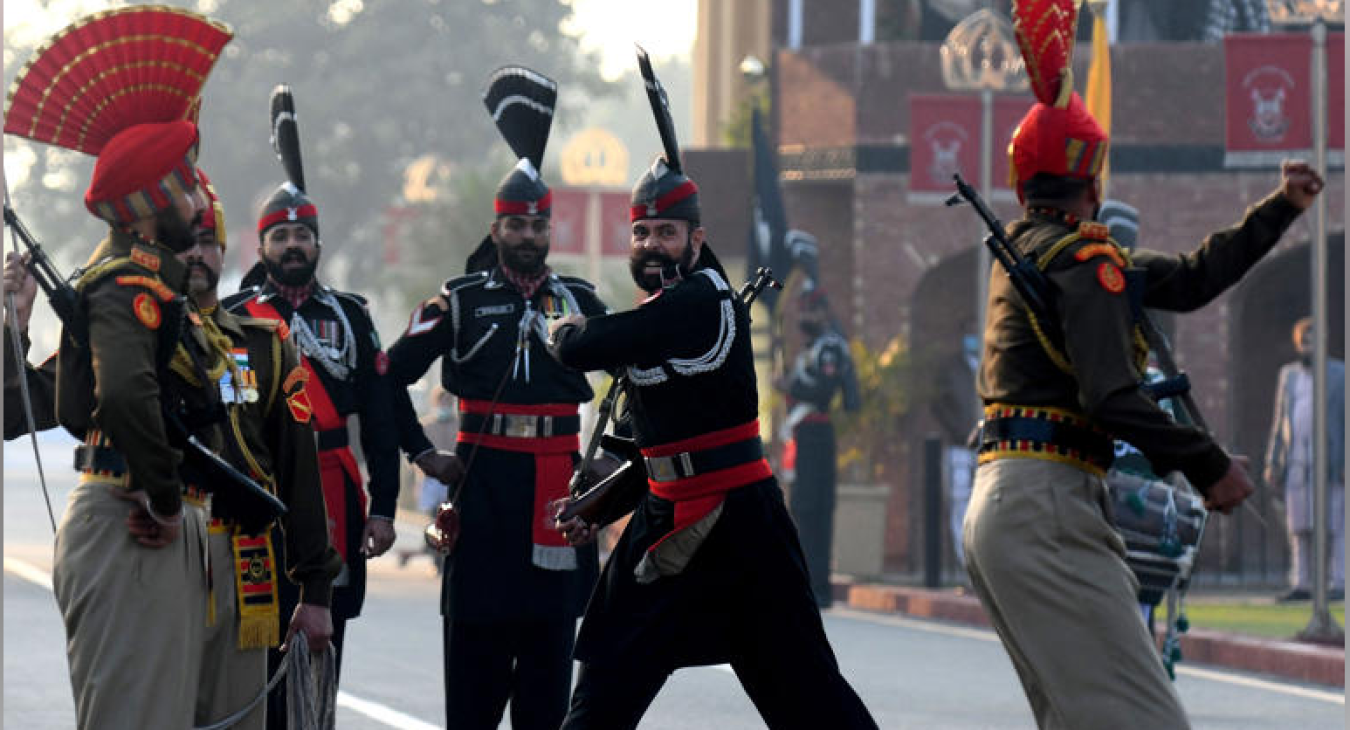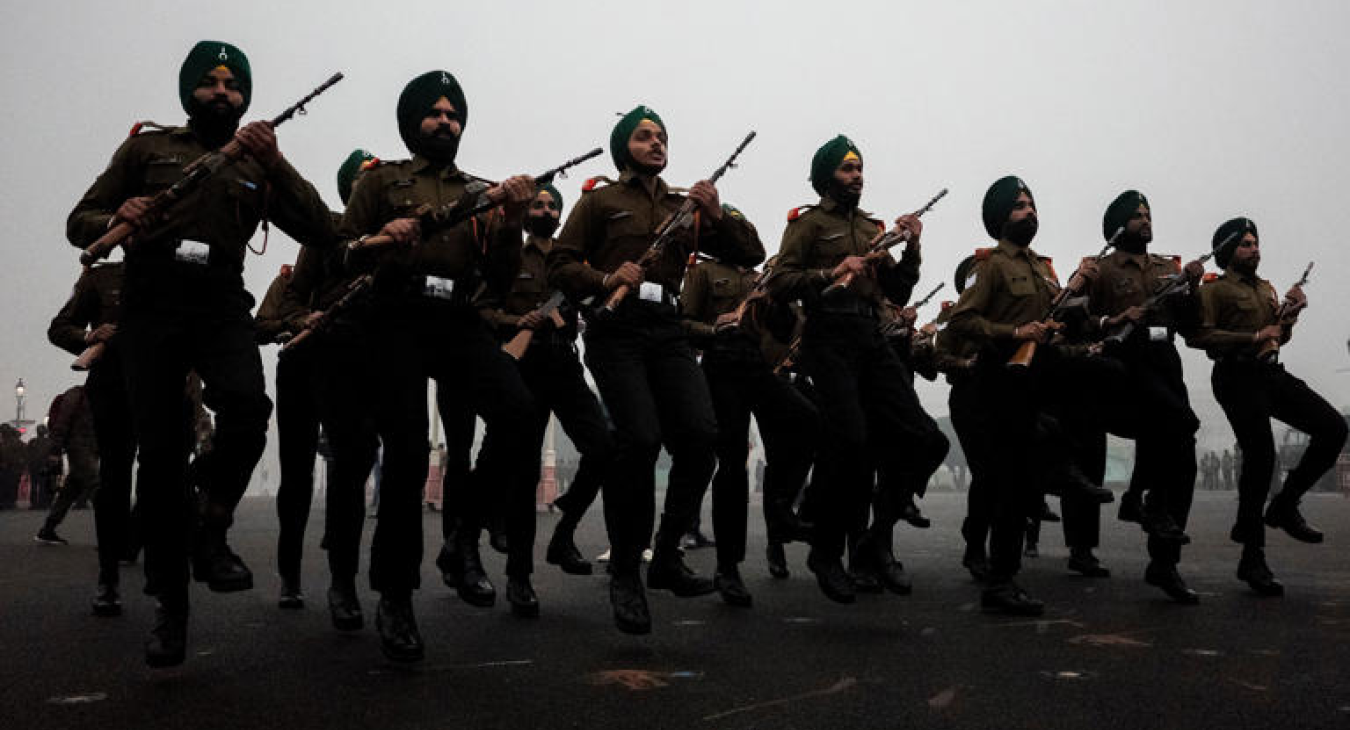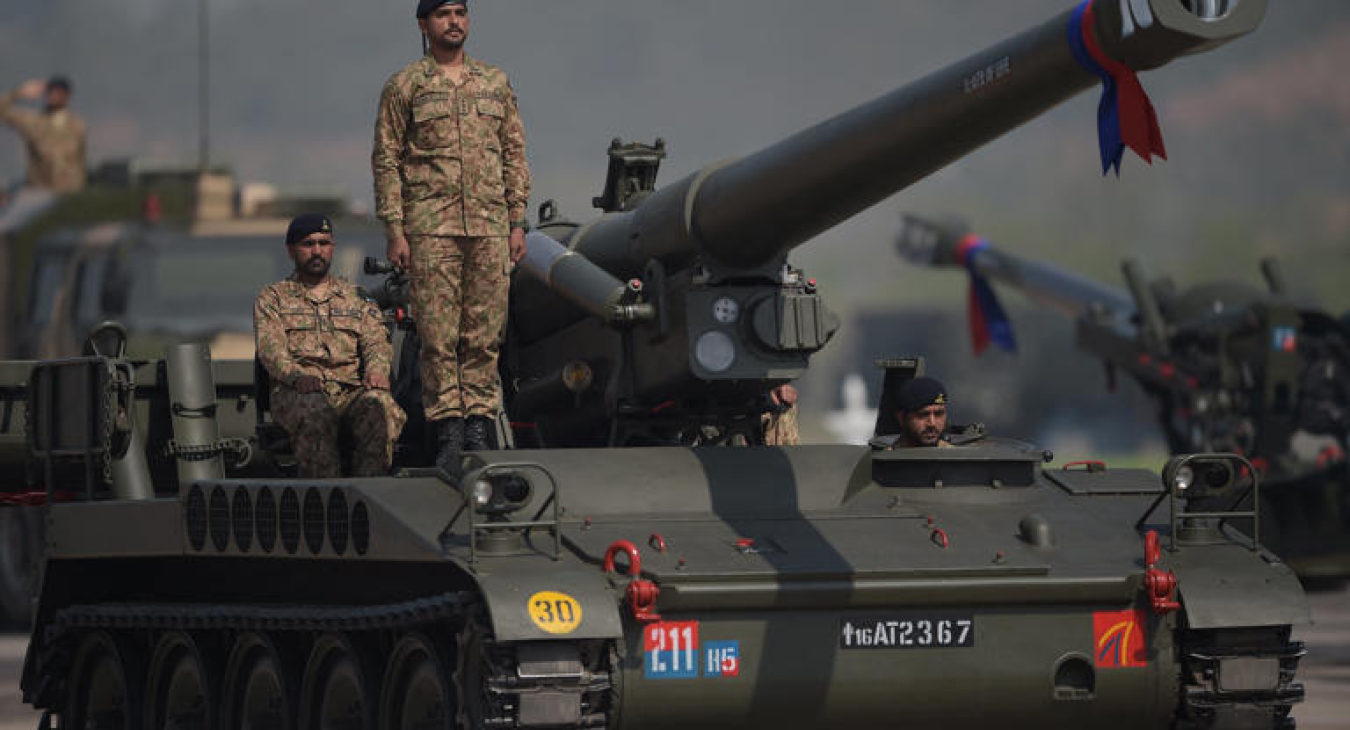On May 9, India and Pakistan formally confirmed a ceasefire. The truce will go into effect at 5 p.m. ET. However, the calm remains precarious in the face of a war that is almost over.
The conflict escalated on April 22, when militants from the banned Indian organization Resistance Front opened fire on tourists in Kashmir. Almost 30 people were killed. India immediately closed the border, expelled Pakistani citizens, and suspended bilateral agreements. In response, Pakistan put its troops on full alert, and the defense minister openly declared that a full-scale war was inevitable.
The situation worsened with each passing day: India sent its navy to the shores of Pakistan, placed BrahMos missiles within range of Karachi, and suspended the operation of 32 airports. Panic broke out in Punjab, with shops and gas stations emptying within hours.
According to the think tank Global Firepower, India's military ranks fourth out of 145 countries, while Pakistan is ranked 12th in 2024. Also, according to Military Watch Magazine, India is at a higher level of military power than Pakistan. India has one of the largest standing armies in the world, with over 1.47 million active soldiers.
However, the efforts of international mediators, primarily the United States, have had an effect. Secretary of State Marco Rubio and Vice President Vance held emergency talks with the leaders of both countries. According to Rubio, "the governments of India and Pakistan have shown prudence and chosen the path of peace." Even Donald Trump was quick to declare a "new American victory" - allegedly, it was he who prevented the war.
However, the true causes of the conflict lie deeper. It has become part of global geopolitics. India, seeking investment, incentives, and the relocation of production from China as part of a major deal with the United States, has come under pressure - both economic and ideological. At the same time, Pakistan, which relies on China, has faced Beijing's strict demands not to allow escalation before the Taiwan crisis.
Both countries are pawns in a big game. Beijing does not benefit from war, but neither does humiliating Pakistan. Relying on nationalism and force is dangerous for Modi now: India depends on Chinese supplies, and an expansion of the conflict could drag Iran, Bangladesh, and other Muslim countries into it.
Thus, today's truce is more of a pause than peace. And the longer external players use South Asia as an arena for the struggle for influence, the higher the risk of a new round of violence.


